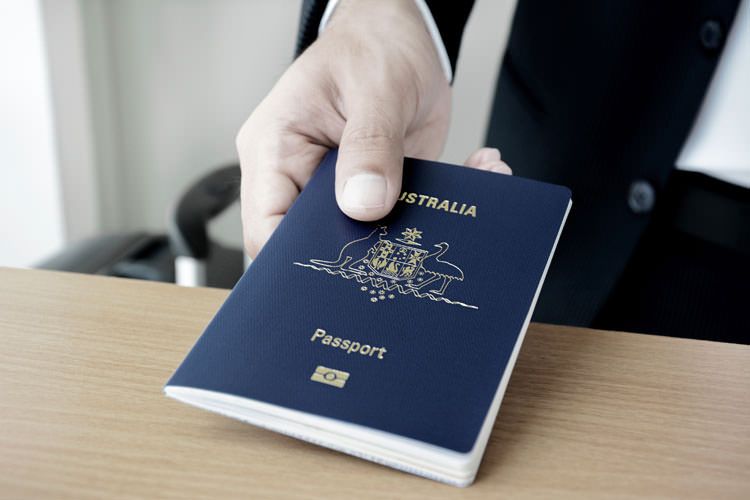The high court has struck down the home affairs minister’s power to strip dual nationals of Australian citizenship for engaging in suspected terrorist activities.
On Wednesday, the court ruled in favor of Delil Alexander, a Turkish citizen whose Australian citizenship was canceled in July 2021 due to an assessment he had joined the Islamic State, and engaged in foreign incursions and recruitment.
By majority,, the court found that the citizenship stripping powers involved the minister exercising an exclusively judicial function in breach of the separation of powers, judging criminal guilt.
The court ordered that Alexander’s citizenship be restored, with the commonwealth to pay the costs.
The decision is a major blow to Australia’s harsh anti-terrorism laws enacted in 2020 and building on statutes passed under the Coalition in 2015, when then prime minister Tony Abbott and current Liberal leader Peter Dutton unsuccessfully argued even sole Australian nationals should be able to targeted.
In April 2013, Alexander traveled to Turkey and Syria. He was arrested by Kurdish militia in Syria in November 2017 and found guilty of offenses by a Syrian court in January 2019 due to admissions he says were obtained under torture.
In June 2021, Asio told then home affairs minister Karen Andrews that it assessed that Alexander had joined Islamic State, and had likely engaged in foreign incursions and recruitment by entering or remaining in al-Raqqa province in Syria, a declared area, after December 2014.
In July 2021, Andrews used her discretionary power in the Citizenship Act to strip Alexander of citizenship for having “repudiated his allegiance to Australia”, a power enlivened by a finding the person engaged in criminal conduct, for activities related to terrorism, including engaging in foreign incursions and recruitment.
Alexander was pardoned by the Syrian government but remained in detention partly because he could not return to Turkey or Australia. His family lost contact with him in July, but his sister brought the case on his behalf to restore his Australian citizenship and have him released.
In a joint decision, chief justice Susan Kiefel, justices Patrick Keane and Jacqueline Gleeson said that Australian citizenship is “an assurance” that a person is “entitled to be at liberty in this country and to return to it as a haven in need … subject only to the operation of the criminal law administered by the courts”.

Sign up to receive the top stories from Guardian Australia every morning
They said the citizenship stripping power “facilitates punishment in the sense of retribution” for criminal conduct, depriving them of citizenship based on the minister’s discretion rather than a conviction.
However, the judges found that the alien’s power in the constitution could support laws that remove an Australian’s citizenship in some circumstances.
The comments open the possibility that stripping a person of citizenship after a conviction, a separate power in the Act could be lawful.
Justice Stephen Gageler agreed, finding that the claim the law was designed to “protect the Australian community” from persons found to have engaged in terrorist conduct did not mean it didn’t constitute punishment.
Justices Michelle Gordon and James Edelman agreed that the law was punitive, conferring a power on the minister to cease citizenship as a sanction for past conduct.
Justice Simon Steward dissented, finding that the law could allow cancellation of citizenship for “conduct which is so incompatible with the shared values of the Australian community that it constitutes a severance of the bond between citizens and a repudiation of allegiance”.
Steward said, “the capacity to impose a penalty of some kind is not necessarily a power exclusively reposed in the judicial branch of government”. Denationalizing a person was not an “essentially judicial function”, he said.











